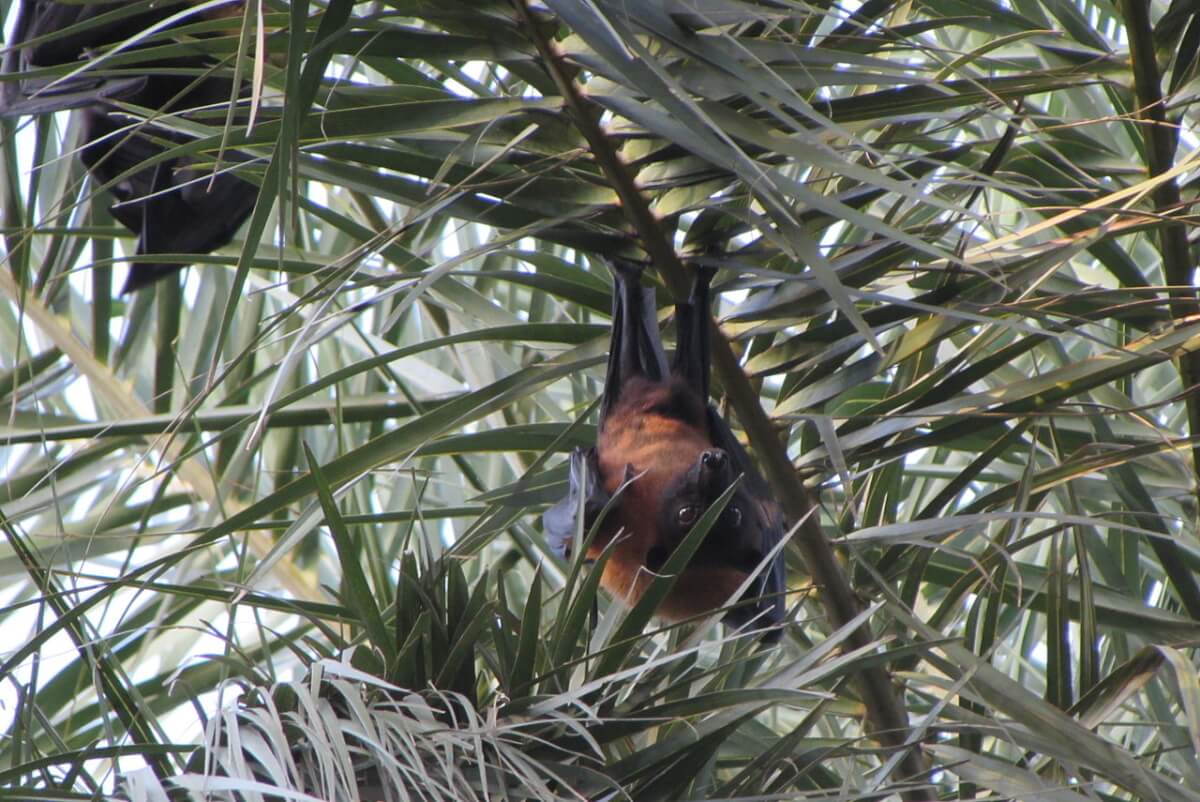A rare virus spread by fruit bats has killed ten people in southern India, with at least nine more being treated, according to health officials.
The disease is caused by the Nipah virus (NiV). The first death in the latest outbreak in Kerala happened on Friday according to K.K. Shailaja, the state’s health minister.
Of 18 people screened for the deadly virus, 12 we found to be positive. Shailaja added that 10 of those who were found carrying the virus have died and the other two were being closely monitored.
In a statement, the Indian government said it sent a team of officials from the National Centre for Disease Control (NCDC) to investigate the outbreak.
The World Health Organization (WHO) is also corresponding with officials in the affected areas according to Henk Bekedam, its representative in India.
While the cause of the outbreak is still being investigated, visiting national health officials have linked the first deaths to the “many bats” living in a well in Kerala. The well was being used by the victims as their source of water.
The Indian government said samples from those bats were included in the 60 sent to laboratories to be screened for the virus.

According to the Centers for Disease Control and Prevention (CDC) in Atlanta, GA, NiV infections in humans is associated with encephalitis (inflammation of the brain) and presents itself with symptoms such as fever and headaches for 3 – 14 days, followed by drowsiness, disorientation and mental confusion. These symptoms can further progress to coma within 24 – 48 hours. Some patients also exhibit respiratory illnesses during the early part of their infections.
NiV was first identified during an outbreak of the disease in Kampung Sungai Nipah, Malaysia in 1998. During the first outbreak, pigs were the intermediate host for the virus.
In Bangladesh in 2004, Humans were infected by NiV through the consumption of date palm sap that had been contaminated by fruit bats carrying the virus. Transmission between humans was reported as well, including in a hospital setting in India.
The virus is typically transmitted to humans from infected animals, but human-to-human transmission is possible as well.
There is no vaccine available for either animals or humans against NiV. The only treatment available for humans is supportive care. Latent infections with subsequent reactivation of NiV and death have also been reported months and even years after exposure to the virus.
“This is a new situation for us. We have no prior experience in dealing with the Nipah virus,” Shailaja said. “We are hopeful we can put a stop to the outbreak.”


